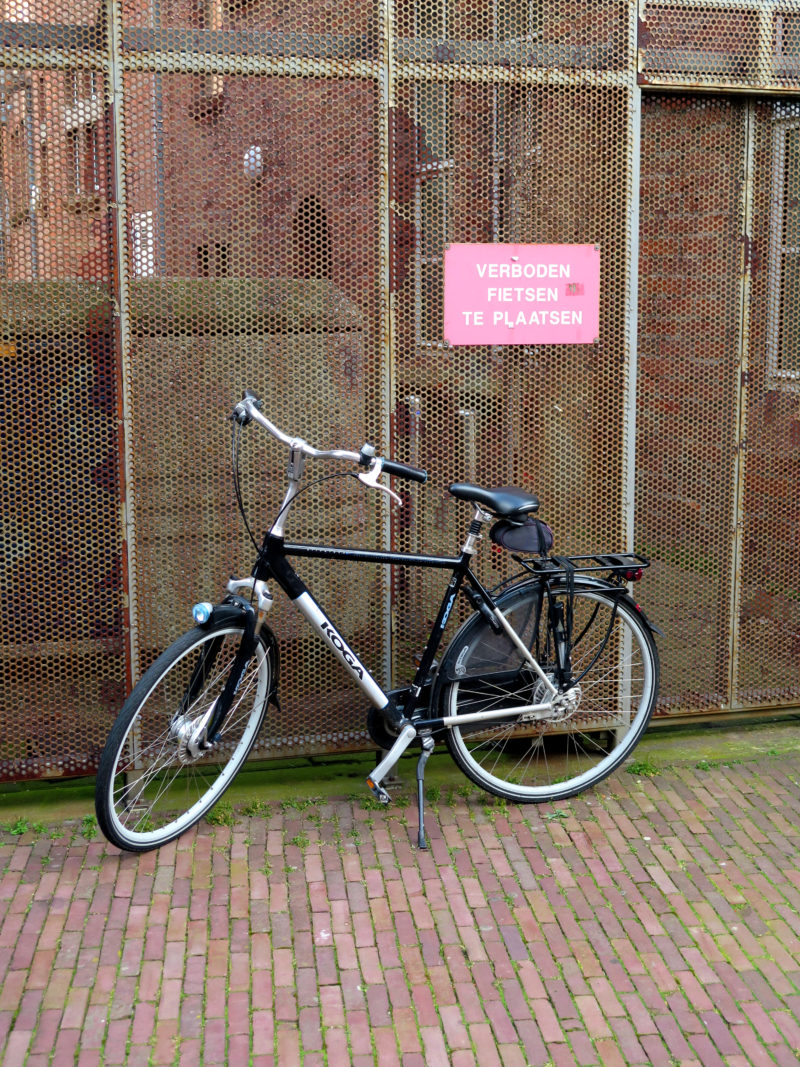Hard to write when it’s hot, the weekend is looming, and vacation is not quite around the corner but beckoning from the recesses of my mind…..
My mind starts to wander, engaging in pleasant fantasies about what I’ll encounter in August, what adventures I might have and what new sights wait to be photographed. Will the future unravel from mysterious heaps like this?
Which tells you right there that your daily essayist is a happy(ish) person, since mind wandering into the future is associated with a positive outlook on life, while mind wandering into the past is more often encountered with people who are unhappy.
By rough estimates we spend about 25% of our waking day with wandering thoughts, that state where we are meant to focus on one thing, but find ourselves all of a sudden thinking about something altogether different. Not in any goal directed fashion either, but just drifting about. The strange thing is that for some time you are not aware that your thoughts have taken a path of their own, but when you realize it you are perfectly able to pinpoint what you have been thinking about.
Slovenia, hah! Balkan anti-fascist memorials hunt. International Graffiti Festival. Viennese Apple Strudel. Pack rain coat yes or no? All while really trying to focus on the blog.
Mind wandering can be consequential and not just for lost time on the job – car accidents happen during that state just as often as with drunk driving. I wouldn’t want the flight traffic controller to engage in mental time travel either. So not an entirely good preoccupation. There is, however some reason to believe that mind wandering enhances creativity; you can stumble, researchers speculate, on previously unlinked ideas that pave the path for novel insights. It certainly does relieve boredom, which is another basically good thing.
So how do you keep yourself on task? Active engagement with whatever you are doing seems to be helpful. (Not just passive reading but re-wording concepts and structuring them for my YDP then should do the trick for me…) Training in mindfulness, whether through brief breathing exercises or longer concentrated practice also improves your ability to stay focused.
If you want to read in great detail about it, go here (before your mind wanders….): https://labs.psych.ucsb.edu/schooler/jonathan/sites/labs.psych.ucsb.edu.schooler.jonathan/files/pubs/middle_way.pdf












































































































